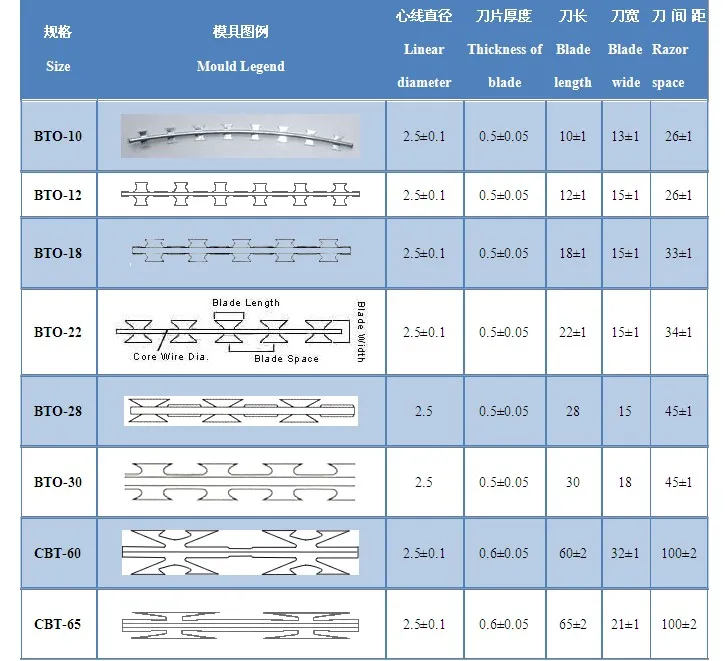

Roofing nails serve a specialized function, primarily designed for attaching shingles and other roofing materials. With a broad head and a short shank, roofing nails ensure that materials are held securely in adverse weather conditions. Galvanized to resist corrosion, these nails provide reliable performance and long-term durability. For roofing experts, understanding the importance of quality in roofing nails can make a significant difference in the lifespan of the installation. Masonry nails are distinct from other types, boasting a hardened composition designed to penetrate concrete surfaces. Their fluted shaft provides increased grip and stability, making them an excellent choice for attaching wooden or metal frames to concrete walls. Mastery in using masonry nails separates skilled construction workers from novices, as these nails require precision and strength to apply effectively. Drywall nails are specifically engineered for securing drywall sheets. The ringed shank ensures a tight grip, preventing the drywall from popping out. With a wider head, these nails distribute pressure evenly, minimizing the risk of cracking the delicate drywall surface. In the realm of interior construction, drywall nails are instrumental for professionals seeking to deliver seamless wall surfaces that stand the test of time. Conclusion The plethora of nail types in construction showcases the complexity and thought that goes into modern building practices. For any savvy builder or DIY enthusiast, recognizing the correct nail type for each application not only ensures project success but also enhances the structural and aesthetic quality of the build. Reliability and precision are at the core of selecting the right nail, turning ordinary projects into feats of craftsmanship and engineering. As you delve into your construction endeavors, always consider the specific requirements of your project and choose your materials wisely to align with your craftsmanship goals.

















